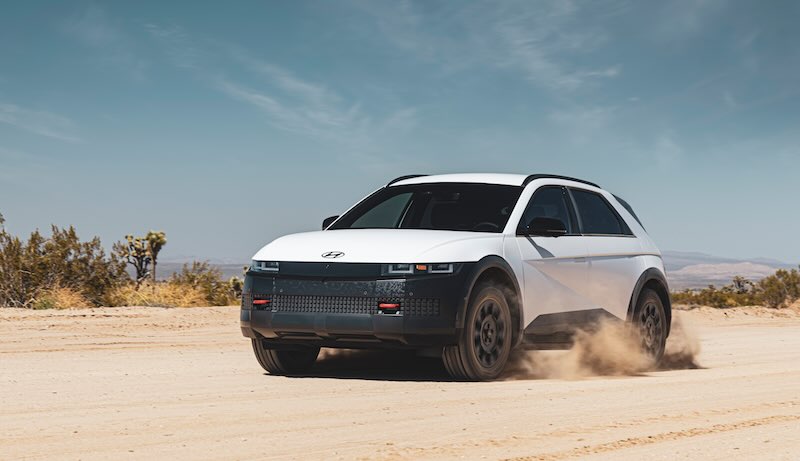Hyundai Motor is preparing to implement its first U.S. price increases driven by American tariff policies, ending a temporary price freeze that lasted through June 2. The South Korean automaker’s decision reflects mounting pressure from import duties that have fundamentally altered the competitive landscape for foreign vehicle manufacturers.
The automaker’s pricing strategy faced disruption following implementation of a 25% tariff on imported vehicles in April, followed by similar duties on auto parts in May. Policy changes directly impact Hyundai’s cost structure, particularly for models manufactured outside the United States.
Hyundai initially maintained price stability by leveraging existing U.S. inventory levels while hoping for diplomatic resolution. However, declining stock levels and stalled trade negotiations have forced the company to reconsider its approach. Hyundai can no longer absorb tariff costs without passing them to consumers.
Company executives are now evaluating optimal timing for price adjustments starting in June, balancing competitive positioning against margin protection. Strategic assessment involves analyzing regional market conditions and model-specific demand patterns to minimize consumer impact.
Regional and model-specific production adjustments are already underway to address anticipated demand shifts. Operational changes demonstrate Hyundai’s proactive approach to managing supply chain disruptions caused by trade policy uncertainty.
Hyundai joins Ford, Subaru, and Ferrari in implementing price increases responding to changing trade conditions. Industry-wide trend suggests tariff policies are successfully influencing automaker behavior, though potentially at consumer expense.
The coordinated response across manufacturers indicates that tariff absorption strategies have reached their limits. Companies can no longer maintain previous pricing structures without compromising profitability or market position.
The pricing adjustments represent more than cost recovery—they signal fundamental shifts in how foreign automakers approach the U.S. market. Hyundai’s decision to break its price promise reflects the harsh realities of navigating protectionist trade policies.
Related Post
Hyundai Partners with Tesla: Free NACS Adapters Coming to EV Owners in 2025
Hyundai Ioniq 5 EV 2025: Now Tesla Supercharger Compatible
Waymo Eyes Hyundai for 6-Gen Self-Driving Fleet Autonomous Ambitions Shift Gears
